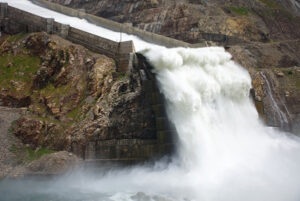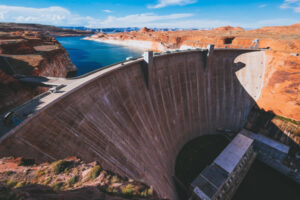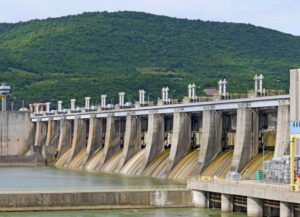This is the first in a series of articles about the power of the pause in life and in therapy. In this article, I talk about why I am calling this kind of pause Active Pause, instead of just calling it a pause.
In a nutshell, because the word ‘pause’ alone doesn’t do it justice. In everyday language, what we call a pause is a moment where activity is suspended, i.e. something that we associate with a blank as opposed to activity. I use the word ‘active’ to make the point that the pause is not just a ‘blank’ but an intentional rupture from the status quo, the flow of things as they currently are.
Without rupture, there is no possibility of a breakthrough. If the pause were just a pause, in the ordinary sense of the term, what comes after it would be pretty much the same as what comes before it. But the value of the pause is that it allows for disruption, for the possibility of change.
Another way to express this is to see the pause as part of a larger process. Talking about process need not be a complex philosophical discussion. For instance, think about sleep. If we narrowly focus on sleep as opposed to awake moments, sleep is a blank moment, a lack of activity. However, we have a different perspective if we think of sleep within the context of the process of what keeps an organism alive and well-functioning. Sleep is an essential part of this larger process. It is part of the rhythm of life, and refreshes us. So does the pause.
I am inviting you to look at the pause within the context of the process through which we interact with our environment. I am going to use a metaphor to make this more concrete. Let’s imagine that the flow of information that comes at us, as we interact with our environment, is represented by the metaphor of a mighty river.
 If the floodgates are open, we get totally flooded, overwhelmed. The information is no use to us. The experience is actually destructive.
If the floodgates are open, we get totally flooded, overwhelmed. The information is no use to us. The experience is actually destructive.

On the other hand, if the gates are closed, we get no information whatsoever. We get no experience, no benefit from experience.

To benefit from the mighty river without being flooded by it, we need to be open able to open and close the floodgates at will, in order to regulate the flow of information. We are regulating our relationship with experience in order to integrate it optimally.
We use floodgates to allow for optimal irrigation and make agriculture possible. But this process of regulation is not just technological process. This is not just a human process. It is a natural process, one that we share with other animals. It is very clear if you observe how we, or animals, drink.

The bottle is open, and gravity gets the water to flow down to our mouth. As we drink, we take pauses to shift from bringing water into the mouth to conveying it inside the organism:
– If we were totally open, nonstop, we’d be flooded,
– If we were totally closed, nonstop, we’d get no water,
– It works because we’re able to regulate the intake of water. It’s so natural, a child does it without being taught.
We’re talking about regulating the flow of experience. The pause, as we absorb information, is the same phenomenon: We regulate the flow of experience, so we have the benefit of it without being flooded by it.
Next article: If the pause is a natural part of the human process, does it mean it always comes easily to us?







